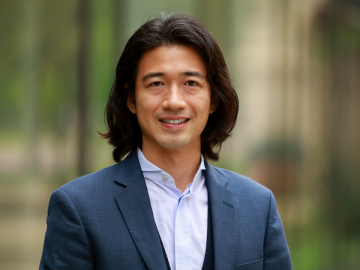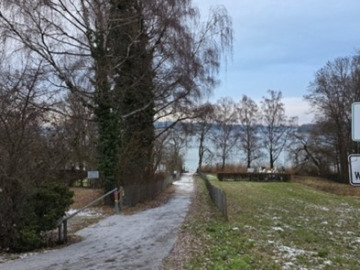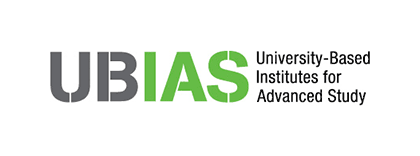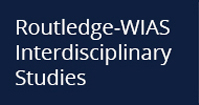「Is There a Natural Resource Curse at the Local Level? Case Studies in Indonesia?」(4/19)
Abstract
The causal relationship between natural resources and economic growth is intricate, and a definitive conclusion has yet to be reached.
The assessment of natural resources’ role in the economy has become a central concern in economic development, both theoretically and practically. As gleaned from the literature, natural resources may be either a curse or a blessing for an economy.
Sachs and Warner’s seminal empirical study on the natural resource-economic growth nexus posits that this relationship is negative.
Subsequent investigations, however, using different proxies for natural resources or varying sets of control variables and estimation methods, have revealed mixed results.
Most studies focus on cross-country analysis, with only a few examining regions within individual countries.
Among those, the majority concentrate on provincial or district levels, leaving the village level unexplored.
This presentation aims to contribute more empirical evidence to determine whether non-renewable natural resource extractions could enhance or hinder local economic activities.
First, we examine the impacts of oil production at the village level in Indonesia, utilizing data from approximately 13,000 onshore oil well drilling activities across 1,205 villages, spanning from 1900 to 2012.
We contrast the economic performances of villages that produce oil with those where oil is discovered but does not lead to production.
Our identification strategy exploits the random outcomes of oil drilling, where the results dictating whether a location becomes an oil producing village are random.
The findings of this study uncover the existence of a resource curse in the context of local oil and gas extraction.
This curse manifests in significantly negative effects on both the number of small-scale enterprises and the number of workers in small firms.
Second, we focus on investigating the spill-over effects of natural gas extraction on the neighbour economies, particularly at the district level in Indonesia.
We apply a range of panel difference in-differences approaches by comparing non-gas-producing districts in rich-gas provinces as the treatment group and non-gas-producing districts in scarce-gas provinces as the control group in the period before and during gas boom, 2002-2004 and 2005-2015, respectively.
The findings of this study show that gas windfall increases poverty rate and number of people living below poverty line.
The findings provide evidence that gas windfall is a curse, rather than a blessing for the local economies near gas-extraction sites.
Speaker
Budy P Resosudarmo(Professor, Arndt-Corden Department of Economics, Crawford School of Public Policy at The Australian National University)
Bio:
https://crawford.anu.edu.au/people/academic/budy-p-resosudarmo
Date & Time
Friday, April 19, 2024 15:10-17:00
Venue
Room 804, Bldg. 14, Waseda Campus, Waseda University
Language
English
Prospected Audiences
Students, Faculty members, Research members, General participants
Organizers
Institute for Advanced Social Sciences (IASS)
Co-Organizers
Research Institute for Environmental Economics and Management (RIEEM)
Waseda Institute for Advanced Study (WIAS)
早稲田大学スマート社会技術融合研究機構
カーボンニュートラル社会研究教育センター
Registration
Prior registration not required. Please come to the venue directly.










